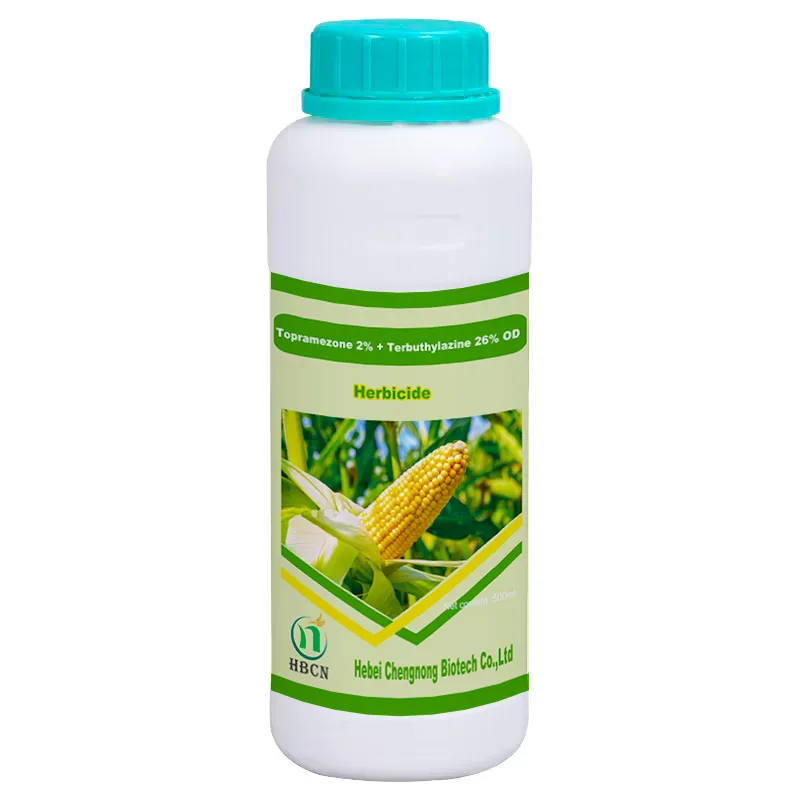
ستمبر . 24, 2024 06:17 Back to list
Exploring the Benefits and Applications of Microbial Insecticides in Pest Management
Microbial Insecticides A Sustainable Solution for Pest Management
In recent years, the agricultural sector has faced immense challenges due to the rising resistance of pests to chemical insecticides. This has led researchers and farmers alike to seek more sustainable and environmentally friendly pest control methods. One promising alternative that has gained attention is microbial insecticides, which utilize naturally occurring microorganisms to manage pest populations.
Microbial insecticides are derived from bacteria, fungi, or viruses that specifically target insect pests. One well-known example is *Bacillus thuringiensis* (Bt), a soil-dwelling bacterium that produces proteins toxic to certain insect larvae. When ingested, these proteins disrupt the digestive system of the pests, leading to their eventual death. This specificity means that microbial insecticides do not harm beneficial insects, birds, or mammals, making them a safer choice for the ecosystem.
The use of microbial insecticides offers several advantages over conventional chemical insecticides. Firstly, they are highly specific; they generally target only specific pests and do not have a broad-spectrum impact on non-target species. This characteristic helps preserve biodiversity and enhances the resilience of beneficial insect populations. Additionally, microbial insecticides tend to have a lower environmental impact, as they degrade more quickly in the environment compared to synthetic chemicals.
microbial insecticide

Furthermore, microbial insecticides can be integrated into existing pest management practices, such as Integrated Pest Management (IPM). This approach allows for a more holistic method of pest control, combining biological, cultural, and chemical tactics to reduce pest populations sustainably. Farmers can apply microbial insecticides at strategic times, optimizing their effectiveness while minimizing reliance on chemical insecticides.
The adoption of microbial insecticides also aligns with the growing consumer demand for organic and sustainably grown produce. As awareness of environmental issues increases, more farmers are looking for ways to enhance their productivity while being mindful of ecological impacts. By integrating microbial insecticides into their practices, these farmers can meet market demands and contribute to sustainable agriculture.
In conclusion, microbial insecticides represent a promising and environmentally friendly approach to managing pest populations in agriculture. With their specificity, lower environmental impact, and compatibility with sustainable farming practices, they offer a viable alternative to conventional chemical insecticides. As research continues to advance in this area, the potential for microbial insecticides to play a key role in future pest management strategies looms large, heralding a new era of sustainable agricultural practices.
-
Dicamba Herbicide for Creeping Charlie – Effective & Selective Weed Control Solution
NewsJun.10,2025
-
Premium Penthiopyrad Fungicide for Effective Crop Protection Compare with Carbendazim & Copper Fungicides
NewsJun.10,2025
-
Top Products Containing Bifenthrin Effective Insecticide Solutions
NewsJun.10,2025
-
Powerful Lambda Cyhalothrin & Emamectin Benzoate Insecticide
NewsJun.10,2025
-
Emamectin Benzoate 5% Wholesale Supplier - Premium Quality
NewsJun.10,2025
-
Indoxacarb PubChem Key Pesticide Properties & Benefits
NewsJun.09,2025
